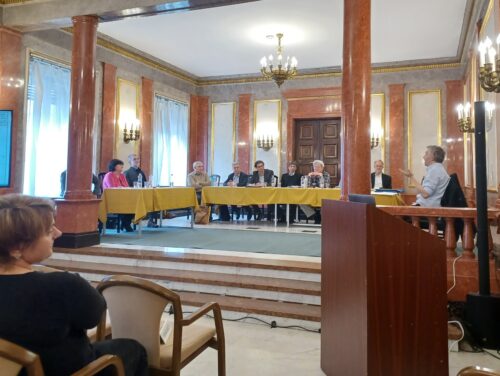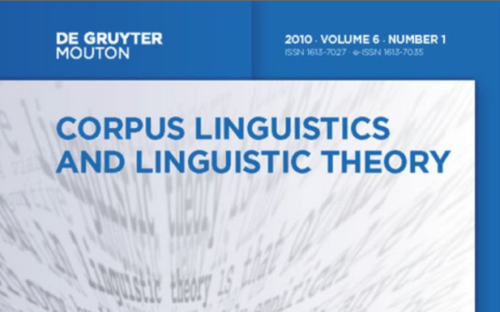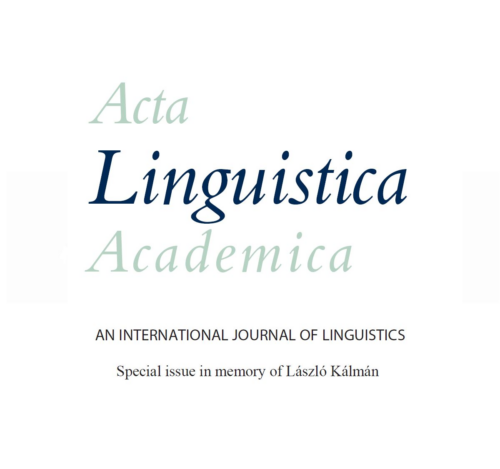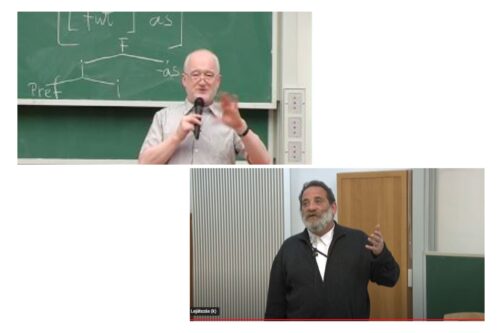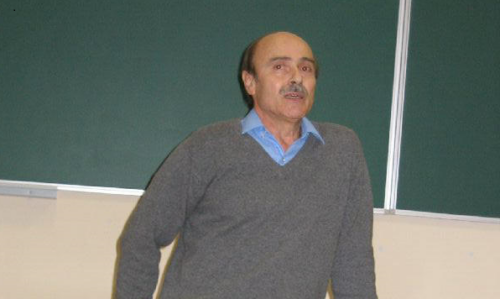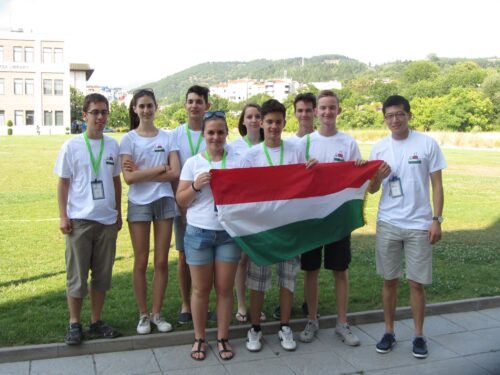Phonology and Morphology Research Group•Research area
The research group investigates questions of phonetics, phonology and morphology. Its aim is to create interoperability between theoretical and empirical research. The theoretical research is based on the study of analogy and variability, as well as of formal models, the empirical research is based on linguistic corpora and experiments, or it takes place within the framework of laboratory phonology. Mainly studied languages: Hungarian and other Uralic languages; various varieties of Romani spoken in Hungary; Beás; English; Spanish; Georgian.
The research group carries out intensive publication and reviewing activities in Hungarian and international journals, participates in Hungarian and international scientific conferences, and organizes such conferences. Detailed information on publications and conference presentations is available on the individual websites of the members of the research group and on the MTMT.
 | Research group leader: Krisztina Polgárdi, PhD Email: polgardi.krisztina@nytud.elte.hu Phone: +36 (1) 342-9372/6071 |
Phonology and Morphology Research Group•Staff




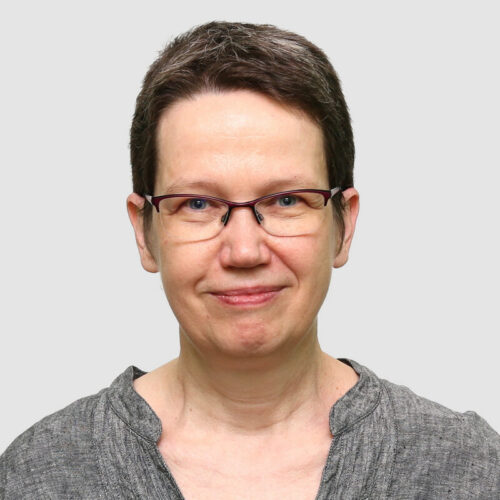
Institute for General and Hungarian Linguistics

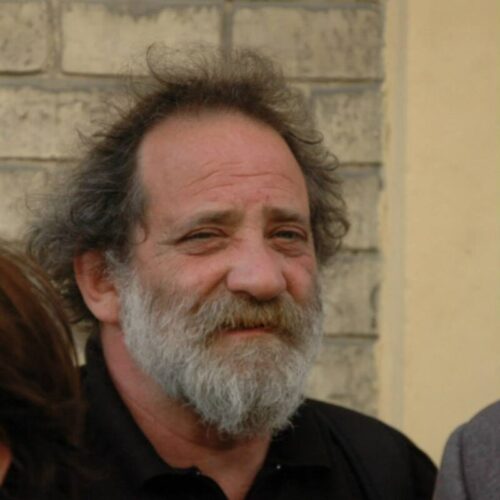


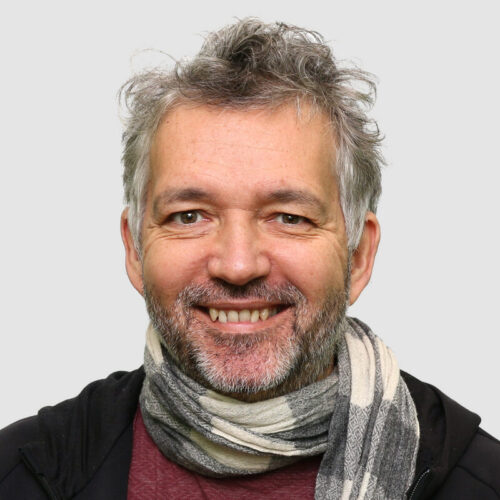

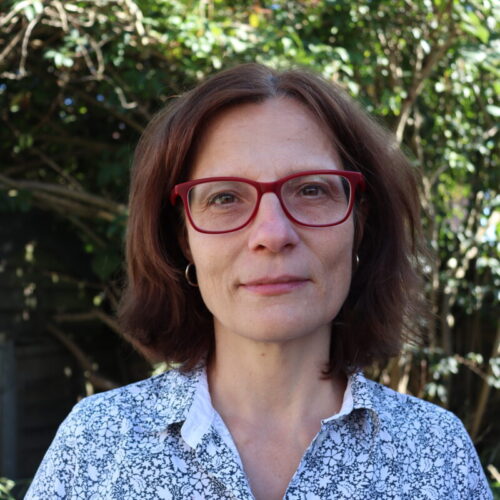
Phonology and Morphology Research Group•Research
Paradigm structure in phonology
A tervezett kutatás két összefüggő részkutatásból áll, illetve résztémára irányul: (i) empirikus kutatások, illetve (ii) formális-elméleti modell létrehozása és nyelvészeti elemzés az alábbi témákra összpontosítva: (a) a magyar és egyes uráli nyelvek nem-agglutinatív vonásainak vizsgálata és (b) tipológiai vizsgálódások, analógiás nyelvi modellek és szó-és-paradigma alapú morfológiai elemzések elkészítése.
The phonology of the syllable
The following syllable structure phenomena are investigated in a theoretical approach, in different languages. (a) [s] behaves in a special way in most languages because it shows similar properties to vowels (e.g. in its distribution), sometimes only in part (similarly to syllabic consonants), and sometimes completely, forming a so-called fricative vowel. (b) Glides also behave ambiguously and often interact with a neighbouring vowel. Often, liquids are also included in this class, and now, afte ...
Using Construction Grammar to Formally Model Human Linguistic Ability
The aim of our research is to model human linguistic ability within the theoretical framework of construction grammar. Our fundamental questions are (a) what mechanisms facilitate the acquisition of language and (b) how linguistic knowledge is best represented. We believe that speakers’ linguistic knowledge consists of a system built from their specific linguistic experiences and the similarity- and frequency-based relations between these experiences, and that this system can be acquired using o ...
Variation and other phenomena in diverse Romani varieties
Our research consists of two main strands; one is of a more practical nature, the other one is theoretical. The continuous processing of the data collected earlier constitutes the practical part. Extensive fieldwork on the Romani language was conducted in Hungary in the previous years as part of two research grants, in the course of which a comparatively large amount of data was obtained in the form of sound recordings of questionnaire-based interviews from several dialects. The transcription, a ...
Vowel harmony
The planned research on vowel harmony has two related sub-components: (i) empirical investigation (based on corpus studies and phonetic experiments) and (ii) theoretical modelling and analysis focussing on (a) specific properties of the harmony system of Hungarian (variation, antiharmony, morphological domains) and (b) general properties of (front/back) harmony systems (variation and neutrality patterns, morphological and lexical constraints, typological implications).Typology (Uralic and Hungar ...
Phonology and Morphology Research Group•News
Phonology and Morphology Research Group•Events

22nd International Morphology Meeting
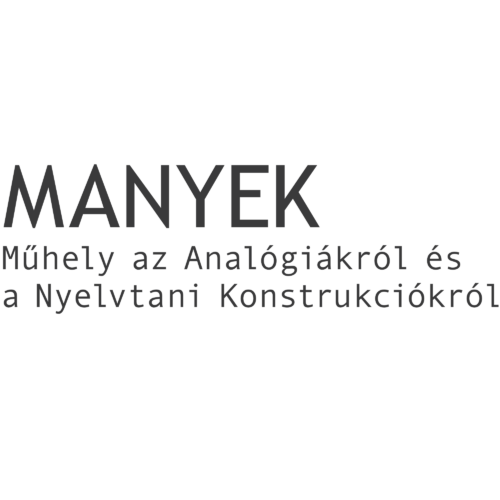
Mentális konstrukciók adatorientált azonosítása korpuszban a Mozaik módszer és kapcsolódó eljárások segítségével

Morfológiai alakok jóslása egzemplárok közötti analógiák keresésével

Mentális konstrukciók adatorientált azonosítása korpuszban a Mozaik módszer és kapcsolódó eljárások segítségével

Rebrus Péter “A fonológiai mintázatok paradigmatikus alapjai” c. MTA doktori munkájának nyilvános vitája

Mondatok nyelvtani elemzése rekurzív analógiakereséssel
![Szabálytalan [ʃp]70 ‒ Siptár Péter köszöntése 70. születésnapja alkalmából Szabálytalan [ʃp]70 ‒ Siptár Péter köszöntése 70. születésnapja alkalmából](https://nytud.hu/wp-content/uploads/2024/11/sipi2-500x334.jpg)
Szabálytalan [ʃp]70 ‒ Siptár Péter köszöntése 70. születésnapja alkalmából

